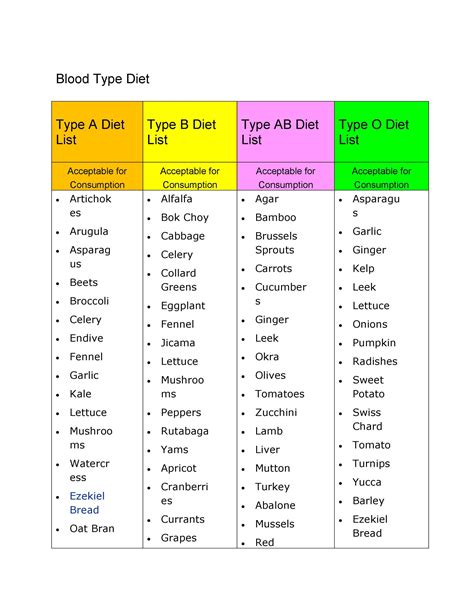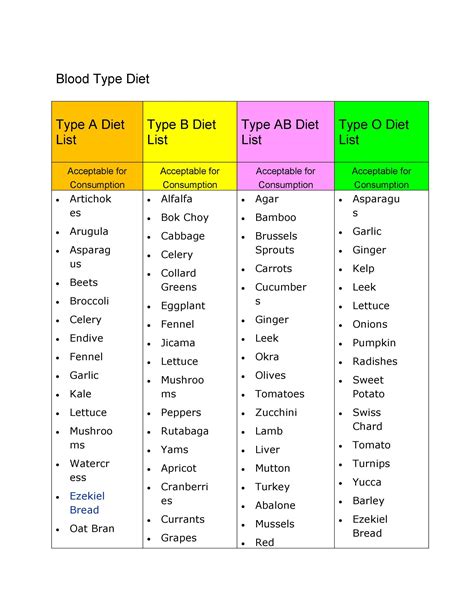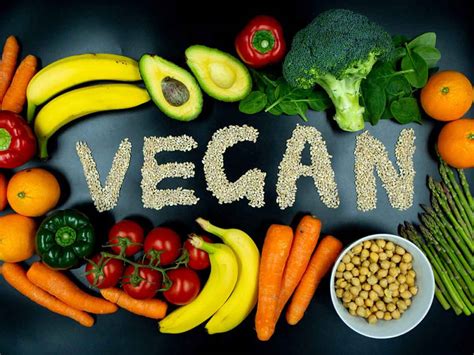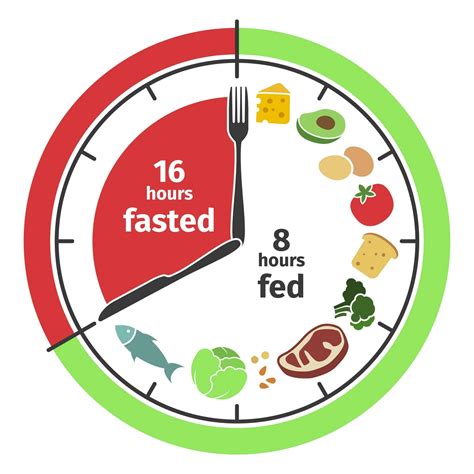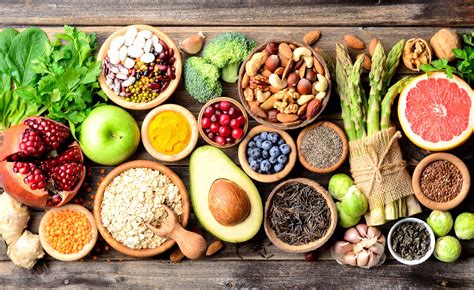Discover the benefits of the blood type diet and find food recommendations for type O, A, and B based on your blood type.
Understanding Blood Type Diet
Contents
When it comes to blood type diet, it is important to understand that this concept is based on the idea that the foods you eat react chemically with your blood type. This means that following a diet that is suitable for your blood type can help you improve your health and lower your risk of developing certain diseases.
According to the theory, individuals with different blood types – type O, type A, type B, and type AB – should eat different types of foods. For instance, it is believed that people with blood type O should consume a high-protein diet, while those with blood type A should focus on a more plant-based diet, including soy proteins and vegetables. Meanwhile, individuals with blood type B are recommended to eat a varied diet that includes meat, dairy, and produce, while those with blood type AB should focus on tofu, dairy, seafood, and green vegetables.
However, it is important to note that the blood type diet has been a subject of controversy, with some experts suggesting that the evidence behind it is lacking. While there is some research that supports the potential benefits of certain dietary patterns based on blood type, more conclusive evidence is needed to fully validate these claims.
Ultimately, before making any significant changes to your diet based on your blood type, it is advisable to consult with a healthcare professional or a registered dietitian. They can provide personalized recommendations that are tailored to your individual needs and health goals.
Determining Your Blood Type
If you are interested in following a blood type diet, the first step is to determine your blood type. There are several ways to do this, with the most common being a blood test performed by a healthcare professional. This test will determine whether you have type A, B, AB, or O blood. Another method to determine your blood type is by using an at-home blood typing kit, which can be purchased online or at a pharmacy. Many people also find out their blood type when they donate blood at a blood drive or healthcare facility.
Once you have determined your blood type, you can then begin to tailor your diet to foods that are beneficial for your specific blood type. This can help to improve your overall health and well-being, as well as prevent certain illnesses and conditions that are associated with incompatible foods for your blood type.
Understanding your blood type and following a diet based on it can be a positive change for your overall health. Whether you have type A, B, AB, or O blood, knowing your blood type and the corresponding food recommendations can help you make the best dietary choices for your individual needs.
It’s important to consult with a healthcare professional or a certified nutritionist before making any significant dietary changes, especially if you have any pre-existing health conditions or concerns. They can provide you with more personalized recommendations and dietary guidance based on your blood type and individual health needs.
Food Recommendations for Type O
If you have Type O blood, you may thrive on a high-protein diet that includes lean meat, poultry, fish, fruits, and vegetables. Foods that are recommended for individuals with Type O blood include lean beef, lamb, turkey, and chicken. Additionally, fish such as cod, haddock, and mackerel are also beneficial for Type O individuals. It is important to avoid dairy products and grains, as they can have a negative impact on individuals with Type O blood.
Another important aspect of the Type O diet is to consume plenty of fruits and vegetables. Some recommended options include kale, spinach, broccoli, and sweet potatoes. These foods provide essential vitamins and minerals that are beneficial for Type O individuals. In addition to fruits and vegetables, individuals with Type O blood should also consume high-protein nuts and seeds, such as walnuts, pumpkin seeds, and peanuts. These foods can help maintain energy levels and promote overall wellbeing.
Additionally, individuals with Type O blood should avoid certain foods that can have a negative impact on their health. This includes wheat-based products, such as bread and pasta, as well as dairy products like cheese and milk. These foods can cause digestive issues and lead to low energy levels for Type O individuals. It is also important to limit the consumption of beans, as they can interfere with the digestive process for Type O individuals.
Overall, following a diet that is tailored to your blood type can have a positive impact on your overall health and wellbeing. By incorporating recommended foods and avoiding those that are detrimental, individuals with Type O blood can experience improved energy levels, better digestion, and a stronger immune system. It is important to consult with a healthcare professional or registered dietitian to determine the best approach to the Type O diet and make any necessary adjustments based on individual health needs.
Food Recommendations for Type A
For individuals with Type A blood, it is recommended to follow a primarily vegetarian diet. This means focusing on fresh fruits, vegetables, whole grains, and plant-based protein sources. It is believed that individuals with Type A blood have a more sensitive immune system, so they may benefit from avoiding dairy and meat products.
One key aspect of the Type A blood type diet is to incorporate plenty of fruits and vegetables into meals. This should include a variety of colorful options, as different hues signify different nutrients. Dark leafy greens, berries, and cruciferous vegetables are especially beneficial for this blood type.
In addition, individuals with Type A blood are advised to consume smaller, more frequent meals throughout the day. This can help to maintain steady energy levels and prevent dips in blood sugar. It is also recommended to eat in a calm, peaceful environment, as the stress response can have a significant impact on digestion.
Foods to avoid for those with Type A blood include red meat, processed meats, and dairy products. These foods are believed to be more difficult for Type A individuals to digest and may contribute to inflammation. It is also suggested to limit the consumption of wheat and gluten-containing products, as these may cause digestive issues for individuals with this blood type.
Food Recommendations for Type B
If you have type B blood, there are certain foods that are recommended for you to include in your diet. These foods are believed to be more easily digested and utilized by individuals with type B blood. Your diet should mainly consist of green vegetables, eggs, low-fat dairy, and lean meats. Additionally, you should focus on incorporating deep-sea fish, grains, and legumes into your meals. These foods are thought to support proper metabolism and overall health for individuals with type B blood.
In contrast, there are also foods that are considered to be less compatible with your blood type and should be limited or avoided altogether. These include shellfish, corn, peanuts, sesame seeds, and wheat. It’s important to be mindful of these foods when planning your meals in order to support your overall well-being. By choosing the right foods for your blood type, you may experience improved digestion and energy levels.
When adjusting your diet according to your blood type, it’s important to consult with a healthcare professional or nutritionist to ensure that you are meeting your nutritional needs. They can provide personalized recommendations and guidance to help you make the most of your blood type diet. By being mindful of the foods that are best suited for your type B blood, you can optimize your health and well-being.

